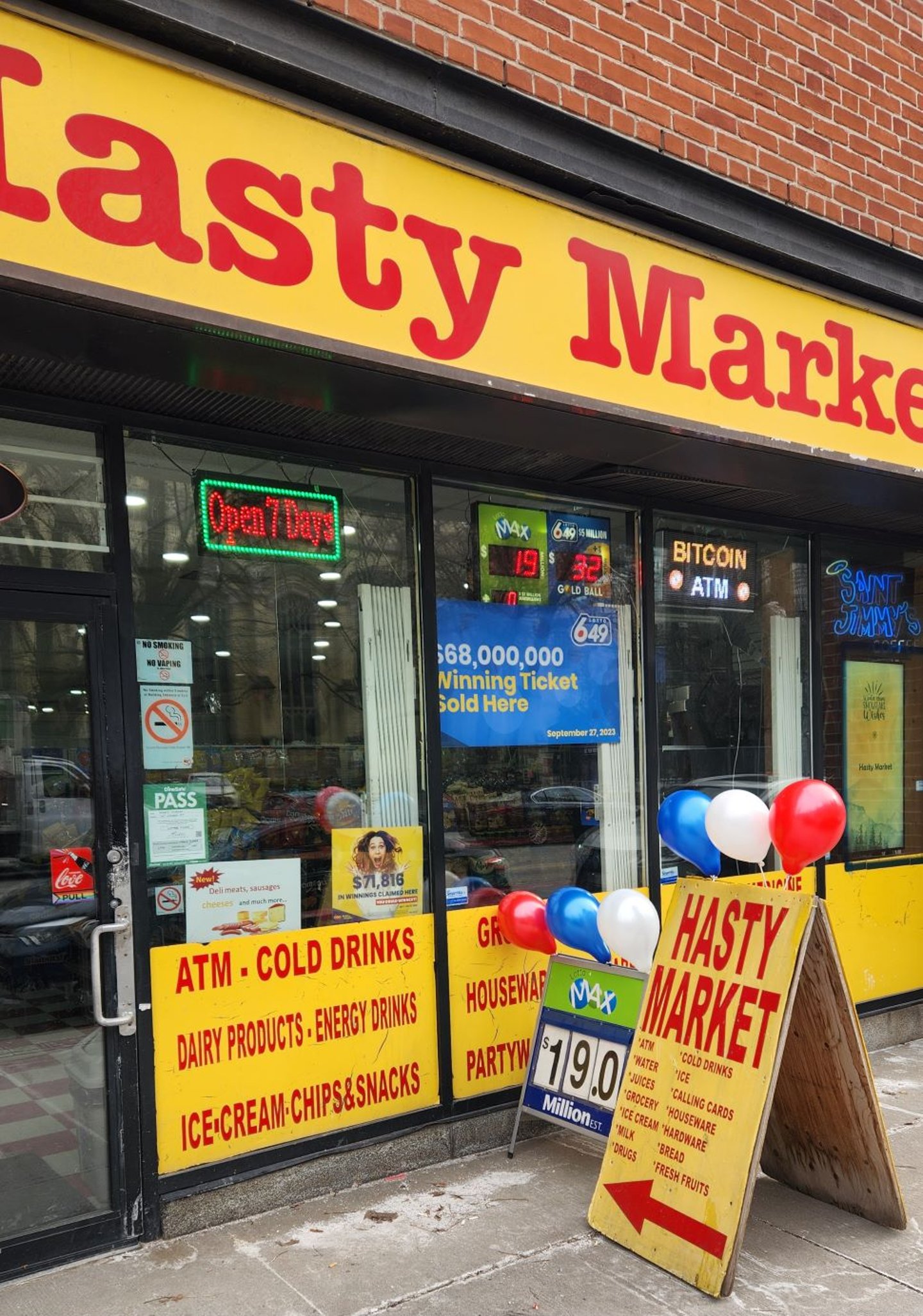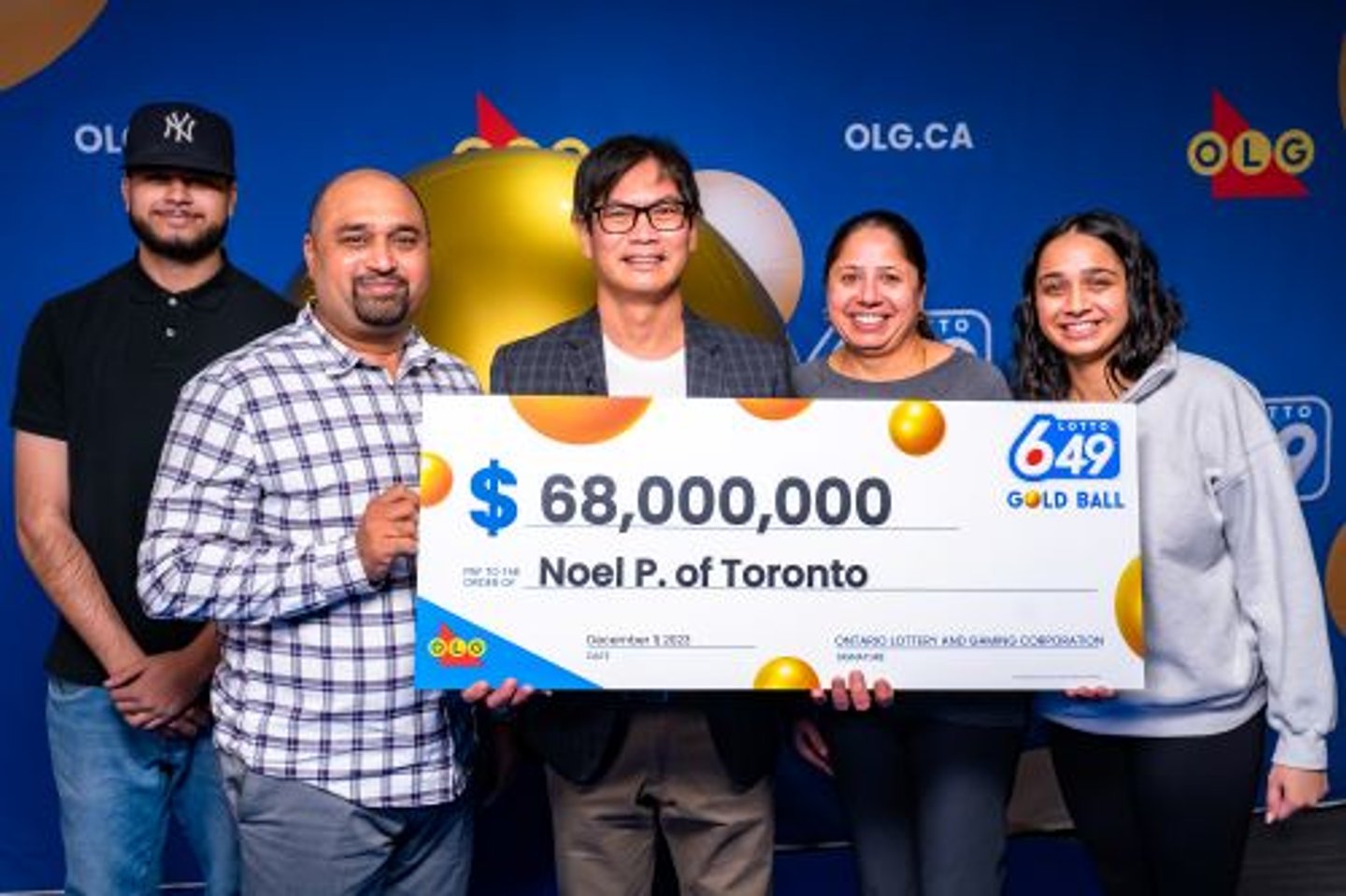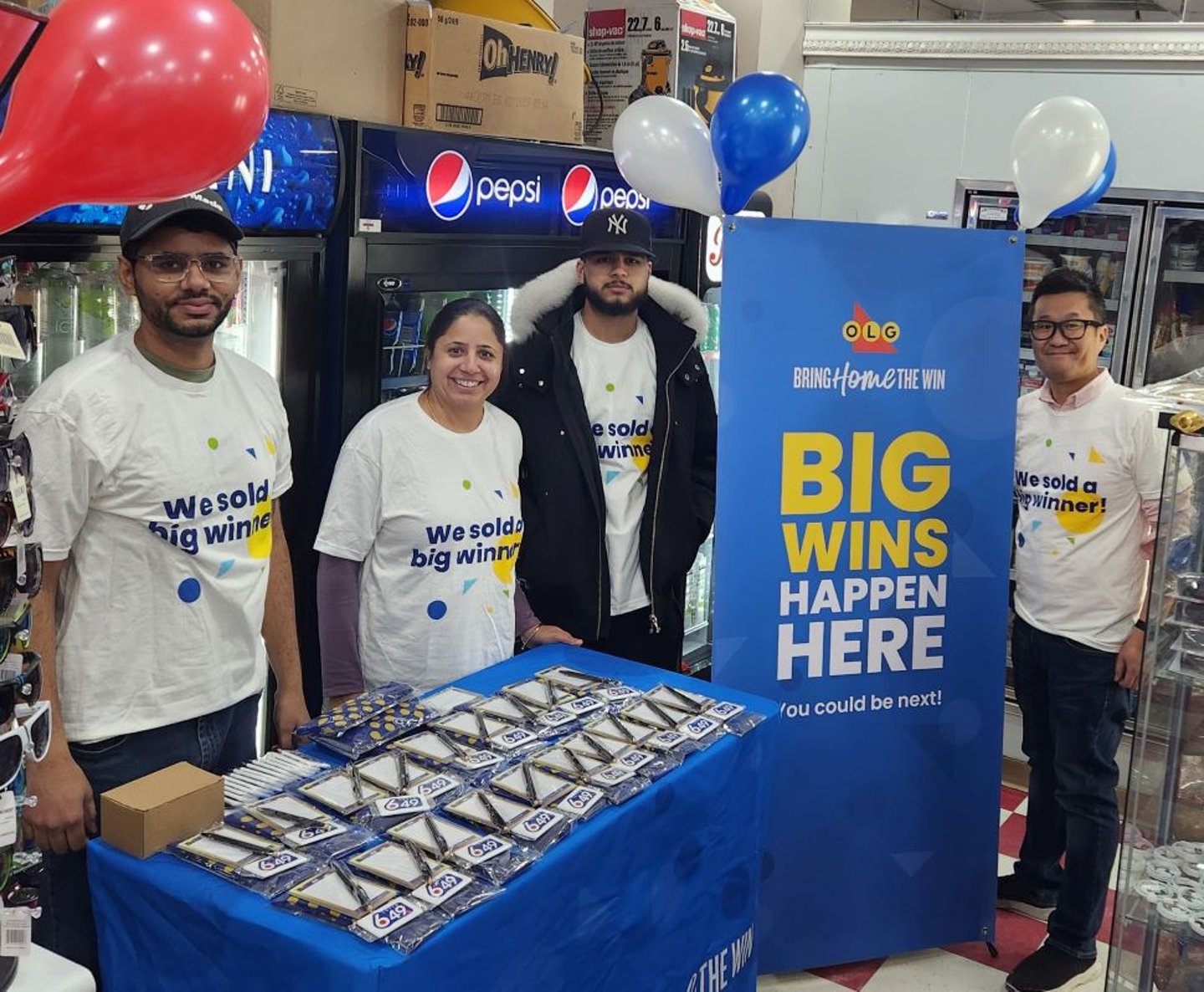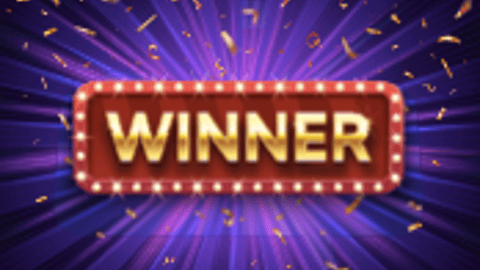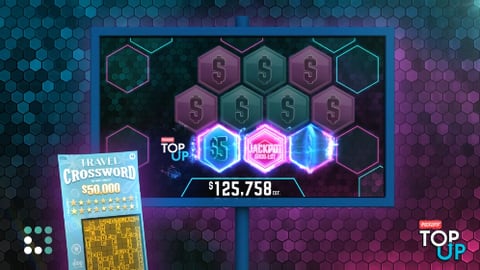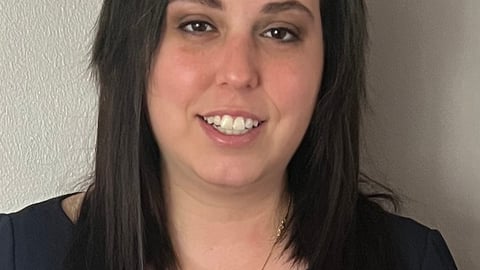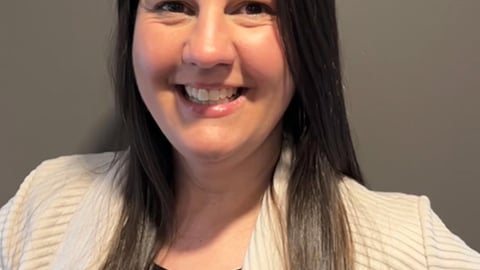'Winner, Gagnant!' How lottery ticket sales and wins can drive c-store sales
Gurmail Singh says regular patrons used to account for the lion’s share of lottery ticket sales at his Hasty Market convenience store on Church Street in downtown Toronto.
But that changed on Sept. 27 when a Toronto man won the $68 million Lotto 6/49 Gold Ball Jackpot—the largest prize in the lottery’s history—with a ticket from Singh’s store.
“It had a big impact right away,” Singh said. “We saw so many new faces, especially in the first month. Our lottery sales tripled and they’re still up.”
Singh is not alone. Across Canada, owners and operators of convenience stores that sell lottery and instant-win scratch tickets experience similar bumps in business when a customer wins big. And the bigger the prize—especially news-making amounts of $1 million or more—the bigger the impacts of what gambling experts call the ‘Lucky Store’ effect.
“When its in the papers—above the fold, not on Page 10—people come from all over to buy tickets in my store,” said Lynn Durfy, owner of Lynn’s Variety.
Durfy has sold several big winning tickets over the past 30 years at her store in downtown Amherstburg, 30 kms south of Windsor on the Detroit River. The most recent winner was a $1 million Lotto 6/49 Gold Ball that one of her regular customers claimed in Dec. 2022.
The Windsor Star ran a photo of the winner with a cutline that read, "Another major lottery winner at an Amherstburg convenience story that is legendary for its luck."
Durfy said traffic immediately spiked at her store, which has two of the 12 lottery machines in the town of 22,000. “And as usual the phone started to ring: ‘What time do you close?’” said Durfy.
She said people come from as far away as Chatham, an hour’s drive, to buy tickets in her store. “They say my machines must be lucky or maybe it’s the building,” said Durfy. “Someone suggested maybe a horseshoe is buried in the foundation.”
Whatever the reason, she said the visibility generated by sales of big winning tickets—from media stories and word of mouth to window signs from the Ontario Lottery & Gaming Corporation that announce the win—is good for business.
“It keeps us in the news, reminds people we’re still here,” said Durfy. “I like to say I’m not in this for the fortune, it’s the fame.”
What drives those sales from lottery winners
Harold Côté, who owns three Sobeys-affiliated c-stores and gas stations—two Petro-Canada and one Shell—in Sherbrooke, Que., says he too witnessed positive impacts from the sale of a $1-million winning Québec Max lottery ticket at his Shell store in April, 2023.
“It was in the news here and right away we got an increase in traffic and lottery sales went up at that store,” said Côté.
But he said the bump in business was ephemeral.
“It only lasted for a month or so,” said Côté. “After that, things pretty much went back to normal.”
Still, he said the in-store sign from Loto-Québec attesting to the sale of the million-dollar lottery ticket is a fun and constant reminder that Lady Luck smiled on one his customers at that location. “It makes it more tangible than seeing someone it on TV,” said Côté. “It can happen to someone here.”
For Luke Clark, a professor of psychology at the University of British Columbia (UBC) and director of UBC’s Centre for Gambling Research, the uptick in business at c-stores that sell big-win lottery tickets is both a result and a reflection of cognitive distortions that arise when people gamble.
“People over-estimate their chances of winning, their ability to predict outcomes and their degree of control over chance events,” said Clark. “Lottery games pair a low price to play against an extremely low probability of a very large jackpot prize, and this combination seems to bring out faulty patterns of thinking.”
Clark pointed to a 2008 study by the American Economic Association that analyzed the weekly sales of three lotto game tickets at more than 24,000 store-level retailers in Texas between Jan. 2000 and June 2022.
Dubbed ‘Gambling at Lucky Stores: Empirical Evidence from State Lottery Sales,’ the study found that ticket sales at stores that sold winning tickets of between $10,000 and $51 million, depending on the game, experienced a 12% to 38% increase in ticket sales.
“We find that the effect dissipates over time but that sales at stores that sell winning tickets remain elevated for up to 40 weeks, conditional on contemporaneous sales,” the researchers said.
They said the effect increases with the size of jackpots and is larger among people with lower incomes. In addition to advertisements about big wins, the researchers believed higher store sales resulted from “what we call the lucky store effect, whereby consumers erroneously increase their estimate of the probability a ticket bought from the winning store itself will be a winner.”
Clark said that those findings jive with the known tendency for people who are confronted with uncertainty, like in a lottery, to look for ways to increase their control over the situation.
“People like to choose numbers that are special to them, such as family birthdays, even if the lottery offers a random ‘quick pick’ option that would offer the same odds of winning,” said Clark. “I see the lucky store as a more extreme version of this bias, as if the store itself has been imbued with some magical properties. The player might drive miles out of their way to acquire some of that luck.”
Your chances of winning ‘big’ are the same as everyone else
Mary Granson, who has managed the c-store at a Gas King gas station and car wash in Lethbridge, Alta. since 2007, said she’s seen it all when it comes to how and why people buy lottery and gaming tickets.
“Some only want tickets with odd or even numbers or with a seven in it,” she said. “And I have regulars who want tickets from every corner of the counter display because they they’re luckier. If another ticket pops out by mistake while I’m doing that, they say they have to buy it too because it would be bad luck to leave it behind.”
Granson said the same holds true following the sale of big winning tickets like in Nov. 2022, when a customer won a scratch Set For Life game with a ticket from her store and took a $1-million payout instead of a $1,000 a week for life.
“It wasn’t publicized much but when people found out through word of mouth we had a rush on that particular ticket,” said Granson. Another time, following a $100,000 win with a lottery ticket sold at the store, she said people came in and wanted to buy one from the same employee who sold the winning ticket.
“People can be very superstitious,” said Granson. “But lotteries are all about luck. And who’s to say lightning can’t strike twice in the same place?”
FAST FACT
OLG paid more than $329 million in commissions to retailers across the province in the last fiscal year. Compare that to the $196 million in commissions paid in Fiscal 2009-10. This represents an increase of 4% compounded annual growth rate (CAGR) to total commissions paid to retailers over the past decade.


